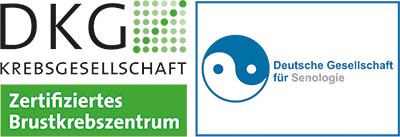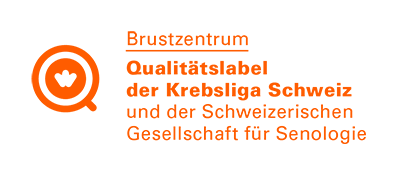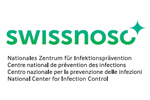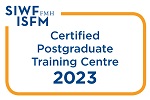Patient management
Prior to the surgery
Premedication visit
An anaesthetist will pay you a premedication visit, usually on the day before the operation. He will explain the available anaesthetic techniques and recommend the procedure that is best suited to you and to the planned operation. Please take the time to read the information sheet about anaesthesia (see right-hand column) before the visit. This will enable you to ask the specialist questions about things that are important to you, and will help to put you at ease. Please don't be frightened by the serious complications listed in the information sheet. They are extremely rare.
Consultations
Our department of anaesthesia offers consultations at which preparations can be made on an out-patient basis for elective surgery. The content and purpose of these consultations are the same as those envisaged by the premedication visits paid to in-patients. This kind of consultation, at which the patient can be examined and the anaesthetic technique can be discussed, enables the patient to be admitted to hospital on the day of the operation and shortens the hospital stay by one day.
Whether you attend an out-patient consultation or receive a premedication visit on the ward will depend on a number of factors. The surgeon treating you will discuss the most suitable approach for you during your consultation with him.
During the operation
Your anaesthesia team (anaesthetist and anaesthetic nurse) will ensure that you remain safe and pain-free throughout the operation.
They will use several monitors to check your body's vital functions. This will enable the anaesthetic to be controlled optimally and any deviations to be corrected promptly and safely.
Our aim is for you to wake up pleasantly after your operation, free of pain and nausea, and we encourage you to tell us immediately about any problems you may be experiencing.
After the operation
In the recovery room you will be supervised and cared for by an experienced nursing team working under the anaesthetist until the effects of the anaesthetic drugs have worn off and you can be safely transferred back to the ward.
Your anaesthetist will visit you on the ward after you have been transferred. This visit will give the anaesthetist an opportunity to review the follow-on therapy you are being given and adapt it to your individual needs. Pain relief is an important part of this review, and the anaesthetist is still responsible for this after you have returned to the ward. The purpose of this meeting between patient and doctor is to enhance your well-being and to carry out quality control.
Some types of surgery and/or serious accompanying diseases may require the patient to be transferred to an intensive care unit for special follow-on therapy. A specialized team of doctors and nurses works round the clock in this unit to help you make a speedy recovery. The high-tech environment in the intensive care unit doesn't mean that the patient is isolated. Here too, human warmth and interest are the fundamental elements of our work.








